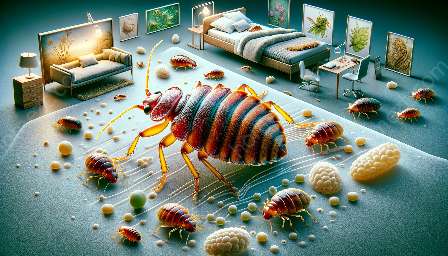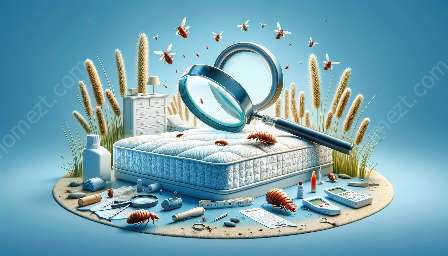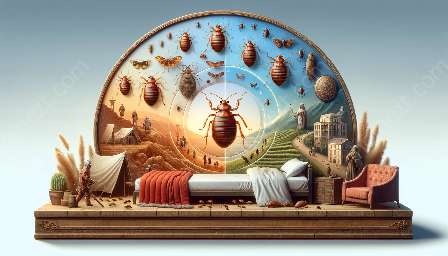Bed bugs, small parasitic insects that feed on blood, have become a significant concern for many homeowners. Infestations can be distressing, and traditional pest control methods may not always be effective. However, there are natural remedies and techniques that can help eliminate bed bugs without the use of harsh chemicals. In this article, we'll explore various natural remedies for bed bug elimination and discuss effective pest control strategies to keep your home bed bug-free.
Understanding Bed Bugs
Before delving into natural remedies, it's essential to understand the behavior and biology of bed bugs. Bed bugs are flat, oval-shaped insects that are reddish-brown in color and typically around the size of an apple seed. They hide in cracks and crevices during the day, coming out at night to feed on the blood of sleeping hosts, including humans. Bed bugs can be introduced into your home through various means, such as used furniture, luggage, or clothing.
Identification and Detection
The first step in dealing with a bed bug infestation is proper identification and detection. Common signs of a bed bug infestation include small red bites on your skin, dark spots on mattresses and furniture, and a sweet, musty odor. You may also observe live bed bugs, shed skins, or tiny eggs in the seams of mattresses, furniture, or baseboards.
Natural Remedies for Bed Bug Elimination
1. Heat Treatment: One of the most effective natural remedies for bed bug elimination is heat. Exposing infested items to temperatures above 120°F can kill bed bugs and their eggs. You can use a clothes dryer on high heat for at least 30 minutes or a steam cleaner to treat infested items such as clothing, bedding, and curtains.
2. Diatomaceous Earth: Food-grade diatomaceous earth is a natural powder that can help eliminate bed bugs. When the powder comes into contact with bed bugs, it absorbs the waxy outer layer of their exoskeleton, causing them to dehydrate and die. Sprinkle a thin layer of diatomaceous earth around the infested areas, such as bed frames, furniture, and baseboards.
3. Essential Oils: Certain essential oils, such as tea tree oil, lavender oil, and peppermint oil, have been found to have insecticidal properties. Mix a few drops of essential oil with water and spray it around infested areas to repel and eliminate bed bugs.
4. Vacuuming and Sealing: Regularly vacuuming infested areas and then sealing and disposing of the vacuum bag can help reduce the bed bug population in your home. Vacuum mattresses, carpets, and furniture, paying close attention to seams, crevices, and tufts. After vacuuming, seal the vacuum bag in a plastic bag and dispose of it in an outdoor trash container.
Effective Pest Control Strategies
In addition to natural remedies, it's important to implement effective pest control strategies to prevent future bed bug infestations. Here are some tips to keep bed bugs at bay:
- Inspect Secondhand Items: Before bringing used furniture, clothing, or luggage into your home, carefully inspect them for any signs of bed bugs.
- Reduce Clutter: Clutter provides hiding spots for bed bugs, so keep your living spaces tidy and organized.
- Encase Mattresses and Box Springs: Use specially designed bed bug-proof encasements to cover mattresses and box springs, reducing the places where bed bugs can hide.
- Regular Monitoring: Keep an eye out for any signs of bed bugs, such as bites or dark spots, and take immediate action if you suspect an infestation.
By combining natural remedies with effective pest control strategies, you can minimize the risk of bed bug infestations and keep your home free from these troublesome pests. However, if the infestation is severe or persists, it's advisable to seek professional pest control services for thorough treatment.






















